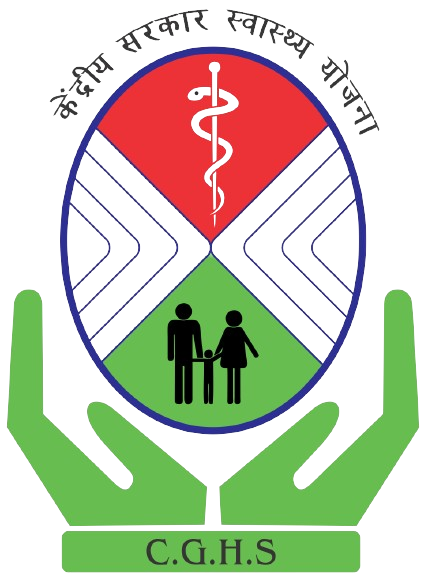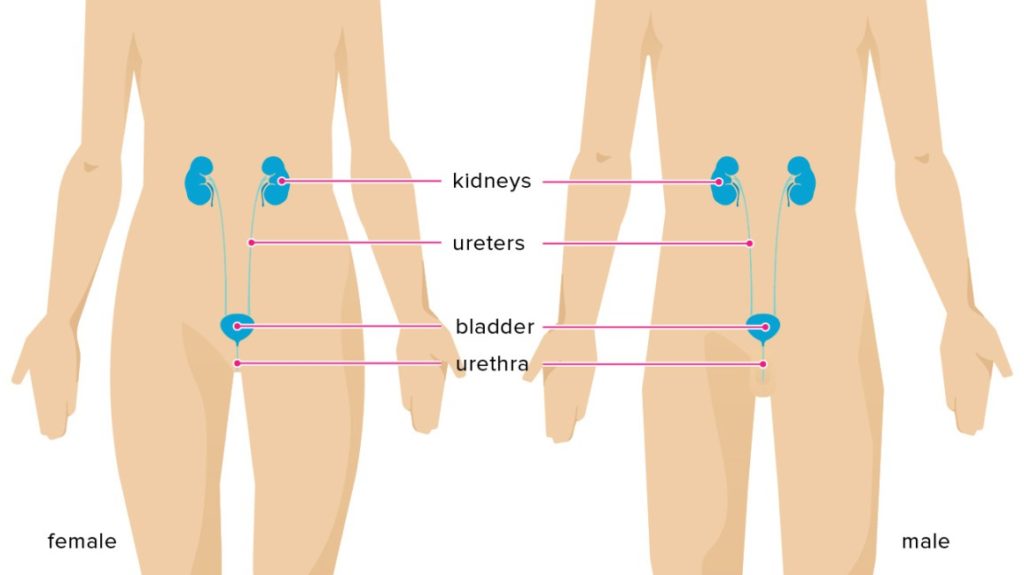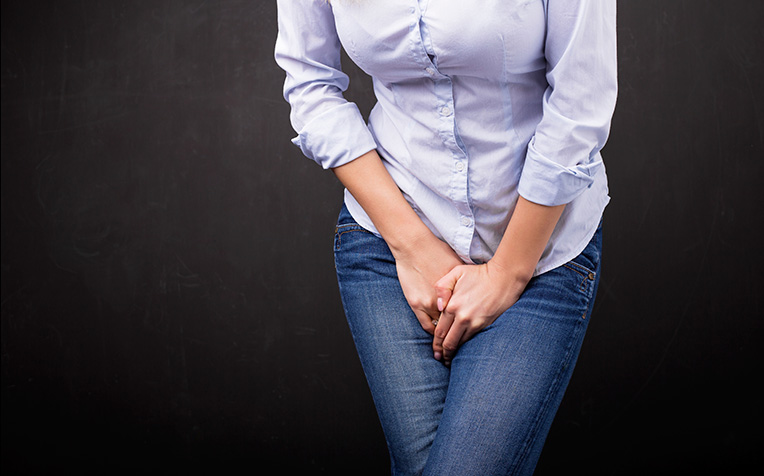What is a UTI?
A urinary tract infection (UTI) is an infection in any part of your urinary system — your kidneys, ureters, bladder and urethra. Most infections involve the lower urinary tract — the bladder and the urethra.
Women are at greater risk of developing a UTI than are men. Infection limited to your bladder can be painful and annoying. However, serious consequences can occur if a UTI spreads to your kidneys.
Doctors typically treat urinary tract infections with antibiotics. But you can take steps to reduce your chances of getting a UTI in the first place.
What are Urinary Tract Infections?
If you’re a woman, your chance of getting a urinary tract infection, or UTI, is high; some experts rank your lifetime risk of getting one as high as 1 in 2 — with many women having repeat infections, sometimes for years on end. Here’s how to handle UTIs, whether you’re experiencing your first or fifth infection, and how to make it less likely you’ll get one in the first place.






